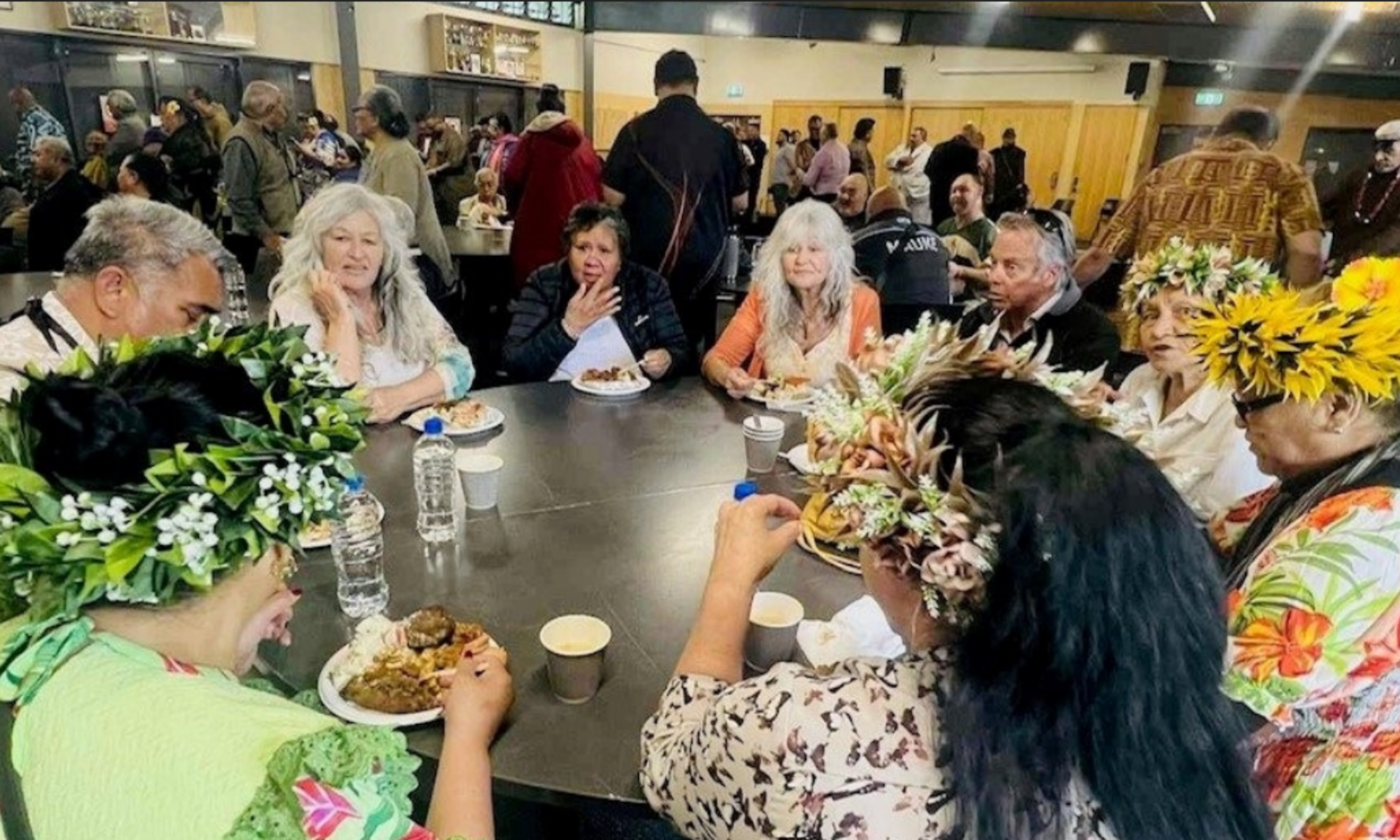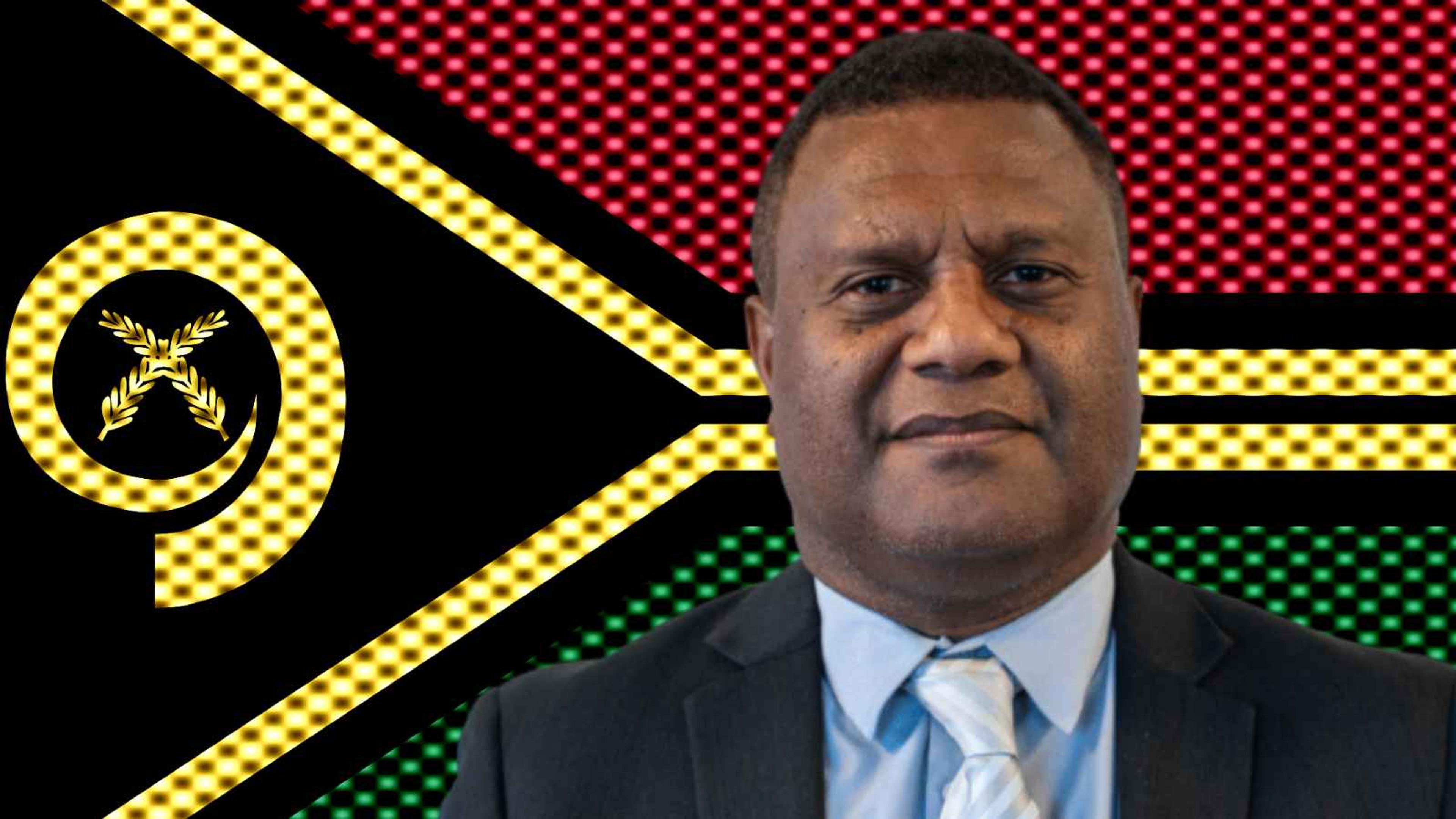

Whānau Ora Minister Tama Potaka. Whānau Ora focuses on a culturally-based approach to the wellbeing of families.
Photo/Supplied
Minister defends overhaul, unveils new vision for Whānau Ora
Honouring past providers’ contributions to Pasifka, Tama Potaka says the reset aims to enhance community participation and accountability.


Blacklisting squeeze hits Vanuatu families and businesses, the regulator VFSC warns


Pack your tissues: Free movies return with Tinā set for South Auckland

Manurewa charity requests $30,000 to keep Pacific seniors monthly gatherings

Blacklisting squeeze hits Vanuatu families and businesses, the regulator VFSC warns


Pack your tissues: Free movies return with Tinā set for South Auckland
Whānau Ora Minister Tama Potaka says the Government remains committed to the kaupapa, despite the decision to replace all existing commissioning agencies.
Potaka insists that the change is not a criticism of past agencies’ work but rather a strategic refresh.
In an interview on Pacific Mornings, Potaka clarified that the reset aims to enhance the Whānau Ora model, not to dismiss previous providers.
“I acknowledge the incumbent agencies, including Pasifika Futures Whānau Ora Commissioning Agency and Te Tahitanga operating out of Te Waipana in the South Island, who have done a remarkable job in engaging with whānau over the past decade,” he says.
In July 2025, four new agencies will take over Whānau Ora commissioning across New Zealand, focusing on greater community participation and improved accountability through data-driven outcomes. They include:
The National Hauora Coalition, Te Tiratū and Ngaa Pou Hauora o Taamaki Makaurau Consortium, operating as Rangitāmiro, will serve the North Island, north of Taupō.
Te Rūnanga o Toa Rangatira will work in the North Island, south of Taupō.
Te Tauraki Limited, a subsidiary of Te Rūnanga o Ngāi Tahu, will serve the South Island.
The Cause Collective, operating as The Tātou Collective, will focus on Whānau Ora services for Pasifika families across Aotearoa.
Listen to Tama Potaka's full interview below.
Since 2014, Pasifika Futures has led Whānau Ora services for Pasifika communities, providing comprehensive support in health, education, and finance.
Over nearly a decade, the organisation has engaged with more than 74,000 Pacific families, impacting 386,000 individuals across Aotearoa.
The Cause Collective has been awarded the new Pacific-focused Whānau Ora commissioning role, replacing Pasifika Futures.
Led by Rachel Enosa, its chief executive, The Cause Collective is a social change organisation based in South Auckland. It is dedicated to improving health and well-being outcomes for Pacific and Māori communities.
Formerly known as Alliance Health Plus Trust, The Cause Collective has evolved to address systemic issues such as poverty, mental health, and housing insecurity.

Rachel Enosa is chief executive of The Cause Collective. Photo/The Cause Collective
In a statement, The Cause Collective says it is “honoured” to be named the preferred provider for Whānau Ora commissioning services.
“This opportunity allows decision-making to be brought closer to families and communities, ensuring Pacific values, strengths, and aspirations remain at the heart of the commissioning process.
“While much work lies ahead, we look forward to working with our community and provider partners to prepare for the commencement of services from 1 July 2025.”
Potaka also told Pacific Mornings that community-led "investment boards" determine how funding is distributed.
These boards will involve community members who are independent from the commissioning agencies.

Pasifika Futures Ltd (PFL) is a subsidiary of the Pasifika Medical Association (PMA) Group. Photo/Pasfika Futures
“It is done in a much more tikanga-oriented or Māori-oriented or Pasifika tikanga-oriented way,” the minister says.
Potaka also addressed concerns about the transition, assuring that there will be minimal disruption to families currently receiving support.
"Our key message is that we really back Whānau Ora as a government, and that's why you saw last year in the budget, nearly $180 million committed to the Whānau Ora kaupapa every year for the next four years.”
“We have gone for a refresh in terms of what we're looking for and some additional criteria. It's gone through a procurement process accordingly, and four new commissioning agencies have popped out of that process.”